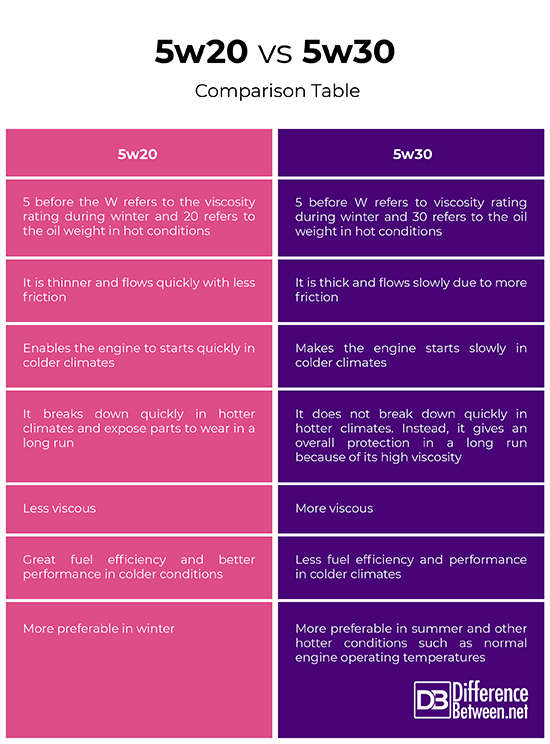When it comes to maintaining your vehicle’s engine, one crucial aspect is choosing the right engine oil. There are different types and viscosities of engine oil available in the market, and one such option is 20W50 engine oil. In this blog post, we will explore when it is appropriate to use 20W50 engine oil and why it may be beneficial in certain situations.
Firstly, it is essential to understand what the numbers in the engine oil’s viscosity rating mean. The viscosity rating is denoted by two numbers separated by a “W,” which stands for winter. The first number indicates the oil’s viscosity at low temperatures, while the second number represents its viscosity at high temperatures.
Therefore, in the case of 20W50 engine oil, it has a viscosity of 20 at low temperatures and 50 at high temperatures. One of the primary reasons to use 20W50 engine oil is for older vehicles or worn engines that require the extra cushioning of a high viscosity oil. As engines age, internal components can wear down, resulting in increased clearances between parts. This can lead to oil leakage and reduced engine performance. Using a thicker oil, such as 20W50, can help compensate for these clearances and provide better lubrication and protection to the engine’s internal components.
Moreover, 20W50 engine oil can be particularly useful in warmer climates. In regions with high temperatures, the engine oil tends to thin out, reducing its ability to provide proper lubrication and protection. The higher viscosity of 20W50 oil ensures that it maintains its thickness even in hot conditions, offering better engine protection. It is worth noting that 20W50 engine oil is generally not recommended for new vehicles or those with high-performance engines. Modern engines are designed to work optimally with specific oil viscosities recommended by the manufacturer. Using a different viscosity, such as 20W50, may compromise the engine’s performance and fuel efficiency.
Therefore, it is crucial to stick to the recommended oil viscosity when you buy a new engine or vehicle. Furthermore, it is important to consider the specific needs of your engine before deciding to use 20W50 engine oil. If you have an engine that burns oil or operates under extreme heat conditions, using a thicker oil like 20W50 can help maintain proper lubrication and prevent excessive oil consumption.
Another common misconception is that thicker oil is always better for older engines. While it is true that thicker oil can provide added protection to worn engine parts, using excessively thick oil can also lead to reduced flow and oil starvation in certain areas of the engine. Therefore, it is crucial to strike a balance and choose an oil viscosity that matches the engine’s requirements without compromising its overall performance.
In conclusion, 20W50 engine oil is primarily suitable for certain older vehicles or worn engines that require the extra cushioning of a high viscosity oil. It can also be beneficial in particularly warm climates where thinner oils may not provide adequate protection. However, it is essential to consult your vehicle’s manufacturer recommendations and consider the specific needs of your engine before making a decision. Using the right engine oil and following regular maintenance practices will help ensure the longevity and optimal performance of your vehicle’s engine.
Read More: What Does 20W50 Mean for Motorcycle Oil?


